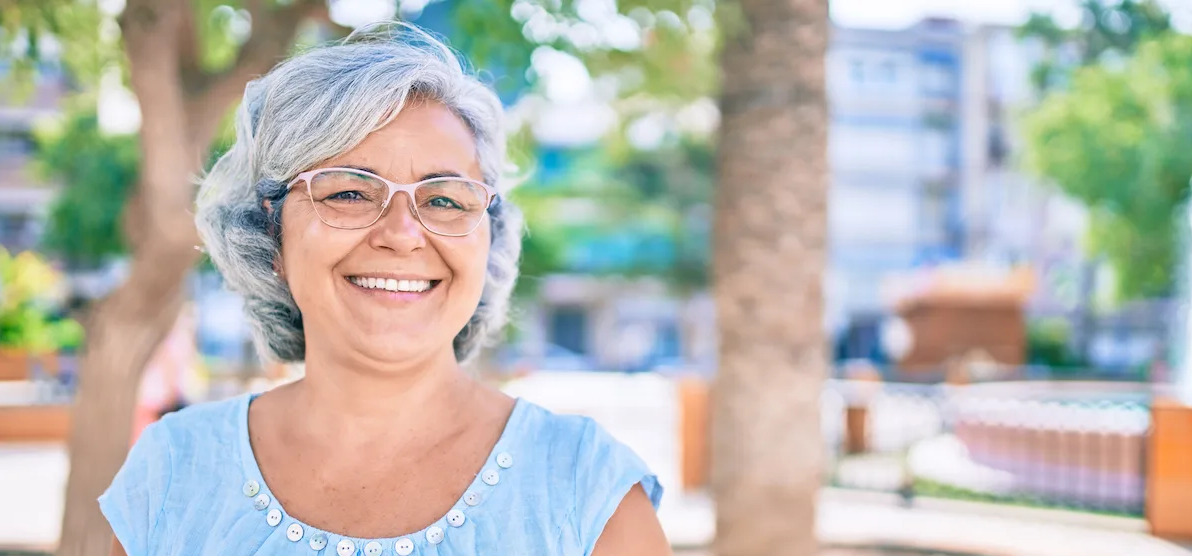The acts of kindness and generosity that took place during lockdowns and self-isolation in 2020 were inspiring, but one element of kindness that is often overlooked is the need to be kind to yourself.
We tend to put pressure on ourselves to reach goals and be the best we can be – all the while striving to make it look effortless on social media.
And despite the strange, scary situation that was the pandemic year of 2020, and the annual pressure to make a New Year’s resolution, many people are feeling similar pressures to ‘make the most’ of 2021.
But if the lockdown and coronavirus crisis took its toll on your mental health, just getting through each day might seem like enough to focus on right now – and that’s okay.
“We’re living through unprecedented times with a lot of uncertainty. The last thing we want to be doing is putting any more pressure on ourselves,” says Dr Elena Touroni, a consultant psychologist. “First and foremost, be kind to yourself,” she says. You’re allowed to give yourself a break.”
Don’t compare how you’re coping with life to others
“We have a general tendency to compare our choices, successes and failures to others, as this can provide us with a benchmark to assess how ‘good’ or ‘bad’ we’re doing,” says Dr Natalia Stanulewicz, lecturer in psychology at De Montfort University.
That can have a detrimental effect on our wellbeing, because it roots feelings of self-worth on external rather than internal factors.
“Comparing yourself to others in challenging times might be especially dangerous as it can result in additional stress,” she says. “[Instead] focus on yourself and your own goals, with a consideration of circumstances that these times can have on your life.”
Dr Stanulewicz says it’s crucial to remember, though, that we all have different ways of coping in a crisis. For some, it’s being very productive, working long hours or throwing ourselves into a new hobby; for others it’s taking more time to relax. “These choices should not be graded or judged; they just reflect different ways that people try to cope. Find a way that works for you and focus on doing that.”
Dr Touroni points out that what is generally showcased on social media is “the version of ourselves we deem the most perfect”. Seeing these posts might be driving feelings of inadequacy, but remember that while your friend may have taken up running, made a healthy meal and started writing a novel, they probably didn’t post about sometimes feeling scared or anxious.
It’s okay to reassess standards you set for yourself
While being driven is a positive thing that helps us to reach goals, Dr Touroni says: “It becomes negative when the driving force is underlying anxiety or fear of not being ‘good enough’. People who are very hard on themselves tend to have what we call in psychology ‘unrelenting standards’.
“The main problem with this is that they place their values on their achievements and productivity rather than valuing themselves for simply who they are.
“If you find you’re being hard on yourself, dig deeper to understand where this might stem from. Do you feel like you’re trying to prove something to yourself or others? Can you trace back to where this all started?”
Also, circumstances change. Maybe your priority is teaching your grandchildren or supporting relatives. “If you do decide to set yourself some goals but fail to meet them on a certain day or week, there’s no need to treat it like a failure,” says Dr Stanulewicz. “Try to treat yourself as you would a friend or a loved one – with warmth, care and understanding.”
Do some exercises in self-compassion
Self-compassion, Dr Stanulewicz says, is about treating yourself with kindness even when things go wrong – whether that’s losing your job in the pandemic or putting on a few kilos. “From childhood we’re taught that it’s important to be kind to others, unfortunately we never really get the same lessons in being kind to ourselves.
“Thankfully, self-compassion can be practised and improved upon,” she says. “And it might be one of the things that will help you not only in the current situation, but through any challenging time.”
One technique she suggests for developing a kinder attitude to yourself is to write a letter, “in which you offer support and comfort for someone who is going through a difficult time – then address the letter to yourself”.
Dr Stanulewicz explains: “This simple exercise, which you can go back to every time you feel like you need some extra encouragement, will hopefully help you feel more positive about yourself and start your pathway toward more self-acceptance and self-love, which are hugely important during challenging times.”
Meanwhile, Dr Touroni suggests scheduling in some ‘me time’ each day. “Commit to doing at least one thing a day that is just for you, for example, run yourself a nice long bath, light some candles, do an online yoga class.
“Starting every day with a 10-minute mindfulness meditation will give you an idea of what emotional state you’re in so that you can plan a day that is line with how you’re feeling,” she says. “Be gentle with yourself on the days you need it.”
Have you been feeling more or less motivated during the pandemic? What does your ‘me time’ consist of?
– With PA
If you enjoy our content, don’t keep it to yourself. Share our free eNews with your friends and encourage them to sign up.
Related articles:
https://www.yourlifechoices.com.au/health/wellbeing/good-and-bad-covid-habits
https://www.yourlifechoices.com.au/health/wellbeing/health-benefits-of-yoga
https://www.yourlifechoices.com.au/health/wellbeing/seven-uses-for-eucalyptus-oil

